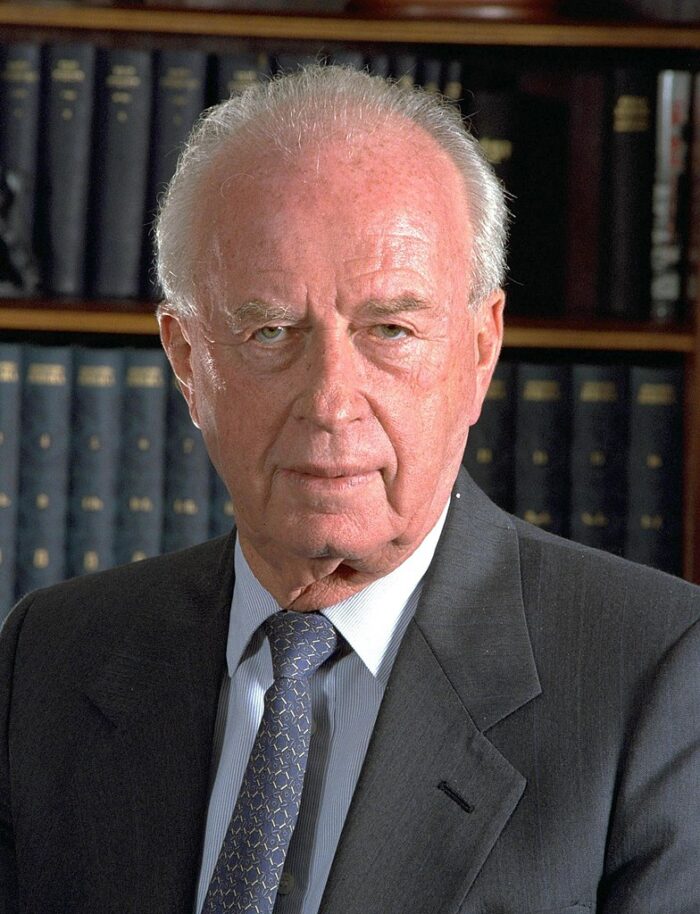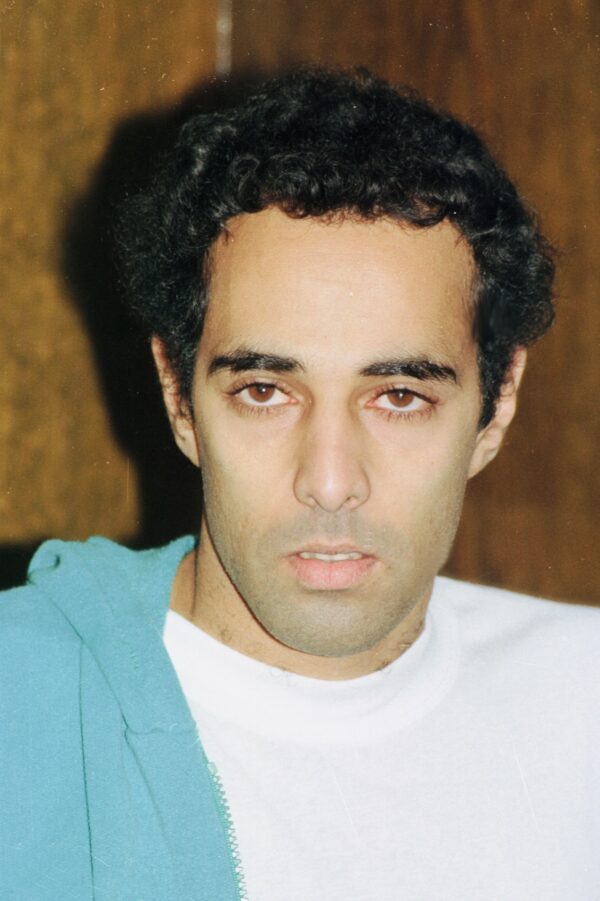Bezalel Smotrich, the leader of Israel’s far-right Religious Zionism Party, is an extremist by any reasonable yardstick, yet the incoming prime minister, Benjamin Netanyahu, will likely appoint him to a senior position in his cabinet.
Netanyahu, a secular nationalist, could not have reclaimed his old job without the 14 Knesset seats amassed by Smotrich and his ally, Itamar Ben-Gvir, in the November 1 general election. So Netanyahu is obliged to reward Smotrich with a post commensurate with his political clout and influence.
It goes without saying that Netanyahu is fully aware of his unsettling views. Smotrich’s extremism surfaced yet again on November 4, the 27th anniversary of a sad, somber and depressing event — the assassination of Yitzhak Rabin at the hands of right-wing fanatic Yigal Amir, who will presumably spend the rest of his miserable life in a prison cell.
Speaking at a ceremony in the Knesset to mark Rabin’s untimely death, Smotrich had the effrontery to blame the Shin Bet internal security agency for his demise.
In levelling this false and preposterous accusation, he completely ignored the deplorable climate of incitement in Israel, during which its prime minister was constantly demonized. Emboldened by the divisive atmosphere of the times, Amir murdered Rabin in cold blood following a peace rally in Tel Aviv.

In his twisted speech, Smotrich turned reality upside down. As he put it, “Those who failed in protecting … Yitzhak Rabin were not the right-wingers and the religious Zionists and the settlers who justifiably decried his government’s policies — it was the security services, which not only failed to protect him, but also used irresponsible manipulations, which haven’t been fully exposed to this day, to encourage the murderer to carry out his plan.”
The following day, Smotrich doubled down on his absurd accusation. “The despicable murderer Yigal Amir murdered Yitzhak Rabin z”l, and we are all still in pain and shock from the terrible murder,” he said, shedding crocodile tears. “Yes, there was a significant failure on the part of the … Shin Bet, and yes, to this day it refuses to take responsibility.”
In closing, he accused the media of distorting his comments.

It is undeniably true that the Shin Bet failed to protect Rabin. Lior Akerman, a Shin Bet agent who interrogated Amir immediately after Rabin’s assassination, has acknowledged that “intelligence failures” enabled Amir to shoot him at close range.
But as Akerman pointed out, Amir told him he had drawn encouragement from “a long line of rabbis and inciters” who were utterly opposed to Rabin’s conciliatory land-for-peace policy and his promotion of the 1993 Oslo peace process.
Citing his reasons for murderring Rabin, Amir mentioned the 1992 election, which brought the Labor Party back to power, and Baruch Goldstein’s massacre of 29 Palestinians in Hebron in 1994. “Then the idea came to me that I needed to take him down,” Amir told investigators in a reference to Rabin.
Netanyahu, his heated denials notwithstanding, also played a role in the demonization of Rabin. He repeatedly lambasted Rabin, falsely claiming his policies were endangering Israel when, in fact, they were laying the groundwork for a possible reconciliation between Israel the Palestinians. Worse still, Netanyahu appeared at a highly inflammatory Likud Party rally in Jerusalem in which some of his supporters shamelessly likened Rabin to a Nazi and openly called for his death.
The campaign of suicide bombings launched by Hamas in 1994, which claimed the lives of hundreds of Israelis, hardened public opinion in Israel. It turned a considerable number of Israelis against Rabin’s brand of diplomacy and his rapprochement with the PLO, which was headed by Yasser Arafat until his death in 2004.

By 1995, Israel was riven by deep political divisions and was totally polarized. Amir — a fierce adversary of the land-for-peace formula favored by Rabin and his associates — was radicalized during this decade.
That Smotrich cynically chose to shunt this turbulent period aside to score cheap political points is surely indicative of his gross misinterpretation of history.
The Shin Bet can and should be held responsible for its dereliction of duty, but it surely cannot be blamed for Amir’s evil decision to kill Rabin.
